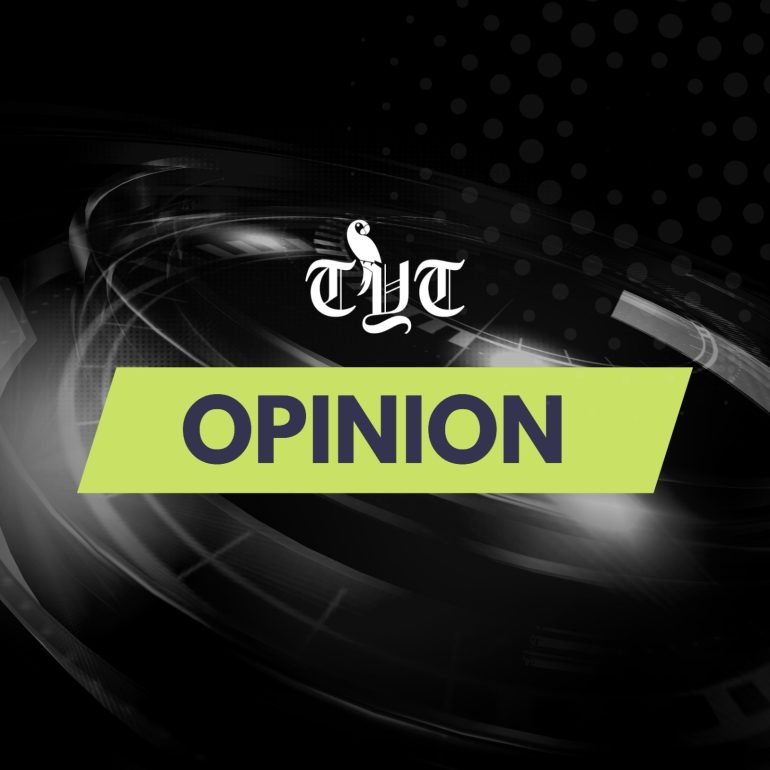By Bolarinwa Ayoola
In recent times, Nigerians have been thrown into confusion over a bill introduced by the Deputy Speaker of the House of Representatives, Hon. Benjamin Kalu, seeking to establish a law that grants indigenship to internal migrants who have resided in any location within Nigeria for ten years.
Globally, the natural basis for citizenship is either by birth to a citizen or through a naturalization process for individuals who do not have ancestral ties to the country. The latter grants the beneficiary legal citizenship status. In the United Kingdom, for instance, there is a single citizenship which is citizenship of the United Kingdom. A Briton does not seek to become a Scot or a Welshman. A Scottish person is a Scot, a Welsh person is Welsh, but all are citizens of the United Kingdom. Similarly, in the United States, citizenship is national. Indigenous peoples of Texas such as the Caddo, Karankawa, Coahuiltecan, or Tonkawa do not seek to become Kānaka Maoli of Hawaii. What then is the meaning of micro indigenship based on Nigeria’s state system?
Nigerians by virtue of birth and ancestry are citizens and are entitled to every right granted under the Nigerian Constitution. This includes the right to free movement and residence in any state of their choice. So what exactly does Hon. Kalu’s indigenship bill propose and what is its objective?
The bill has generated considerable confusion as its rationale is difficult to grasp. Is Hon. Kalu proposing to introduce a form of micro citizenship within Nigeria or is he attempting to replace the existing citizenship model altogether? What are the underlying motivations for this bill?
This bill reflects a clear deficit in intellectual depth and seems to have been conceived without goodwill. Nigeria is a multiethnic state rich in history, culture, and values which cannot be erased by mere legislation from Abuja.
Every kingdom, especially in Yorùbáland, has a deeply rooted history, customs, and familial lineage that bind communities together. It is difficult to understand how the author of this bill assumes that such ancient ties, relationships, and collective identities of a homogenous people can be undermined by an unreasonable concept of micro citizenship within Nigeria.
For the survival of Nigeria as a nation, it is important for citizens to recognize that this bill carries a potentially dangerous agenda that could ignite ethnic conflict. We must not forget the errors of 1966 which plunged Nigeria into thirty months of civil war and widespread bloodshed. The motive behind this bill can be deduced from Nigeria’s political history. Its intents appear tailored toward demographic manipulation and the pursuit of power domination.
Unfortunately, the apparent obsession among some Ibo political elites to gain political power outside their region may again lead to destructive outcomes. Ironically, the same people who, for instance, would not accept an Ibo man from Ebonyi seeking political leadership in Anambra, are the ones demanding indigenship in other regions. This is difficult to understand and reeks of hypocrisy.
A common pattern among many internal migrants in Nigeria is their reluctance or inability to assimilate into the culture of their host communities. This often becomes a source of tension and conflict. Nigeria is currently facing many challenges including internal migration due to economic hardship and insecurity. The Southwest in particular has become a preferred destination which has placed immense stress on the region’s infrastructure, increased crime rates, and reduced the overall quality of life. A law that grants micro citizenship to internal migrants would ultimately disadvantage the Yoruba people and this is completely unacceptable.
During the 2023 election cycle, Nigeria witnessed significant ethnic tension. There were widespread reports of Ibo people moving to Lagos and transferring their voter registration with the intention of outnumbering indigenous people at the polls. While we are still grappling with the consequences of these actions, it would be a grave mistake to enact a law that may lead to the political displacement of indigenous people from the affairs of their ancestral lands. This would create deep-seated animosity and the potential for violent conflict.
The Deputy Speaker must be better educated on the importance of acknowledging Nigeria’s multiethnic composition, diverse cultures, and the dangers of undermining the historical and civilizational foundations of its constituent peoples. Recently, for example, two Ibo scholars Tony Duru and Ijeoma Duru authored a book in which they claimed that the Ibo were the original inhabitants of Ile Ife, predating the progenitor of the Yorùbá people. This is a blatant attack on Yorùbá history and civilization. Yet we have not heard the Deputy Speaker denounce such falsehood nor has he initiated a bill to prevent such historical revisionism.
The Ibo people should learn to respect the cultural space of others and desist from acts of aggression. For over a century, the Yorùbá have welcomed the Ibo with open arms, offering them peace and prosperity in the spirit of hospitality.
However, it would be a grave miscalculation to assume that the Yorùbá will stand by while an expansionist agenda is pursued under the guise of legislation. Hon. Kalu and other political elites of the Southeast should instead focus their energy on solving the problem of insecurity in their region so that their people can live and sleep with peace of mind rather than attempting to incite national unrest through controversial and divisive bills.
